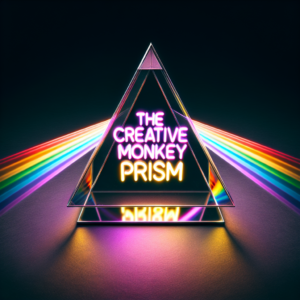Do you ever find yourself reaching for that third slice of cake, even though you swore you’d stop at one? Or do you persistently hit the snooze button when you planned to start the day with a workout? Welcome to the tricky world of habits – those automatic behaviors that we fall into without much thought. But it’s not just about willpower, it’s neuroscience. So, let’s unpack the brain’s role in forming and breaking habits.
10 Neuroscience-Backed Habit Insights
- Brain Efficiency: Habits are the brain’s way of conserving energy. It converts frequent actions into automatic routines, allowing it to focus on other tasks.
- The Habit Loop: According to neuroscience, habits consist of a cue, routine, and reward – understanding this loop is key to hijacking your habits.
- Neural Pathways: Repetitive actions form neural pathways in the brain. The more you perform a habit, the stronger these pathways become.
- Willpower Isn’t Enough: While willpower plays a role, it’s not sufficient to break bad habits. Structural changes in the brain are needed.
- The Power of Replacement: It’s easier to replace a bad habit with a good one than to simply stop the bad habit.
- Dopamine Release: Habits, especially rewarding ones, trigger the release of dopamine. This neurotransmitter strengthens the habit loop.
- Mindful Awareness: Being consciously aware of your habits and their triggers can help interrupt the habit loop.
- Consistency is Key: Consistent repetition of new behaviors can help form new neural pathways, leading to healthier habits.
- Stress & Habits: Stress can cause us to revert to old habits, so managing stress effectively is crucial in habit change.
- Belief in Change: The belief that change is possible can actually cause neural changes in the brain, reinforcing the creation of new habits.
QR Poet Summary
Hijacking your habits is more than a battle of willpower – it’s about understanding the neuroscience behind your routines. By acknowledging the habit loop, becoming mindful of triggers, and consistently practising new behaviours, you can harness the power of your brain to break bad habits and create healthier ones.
The Big Question
What habits are you holding onto that don’t serve you, and how can you use your brain’s power to replace them with more beneficial routines?










